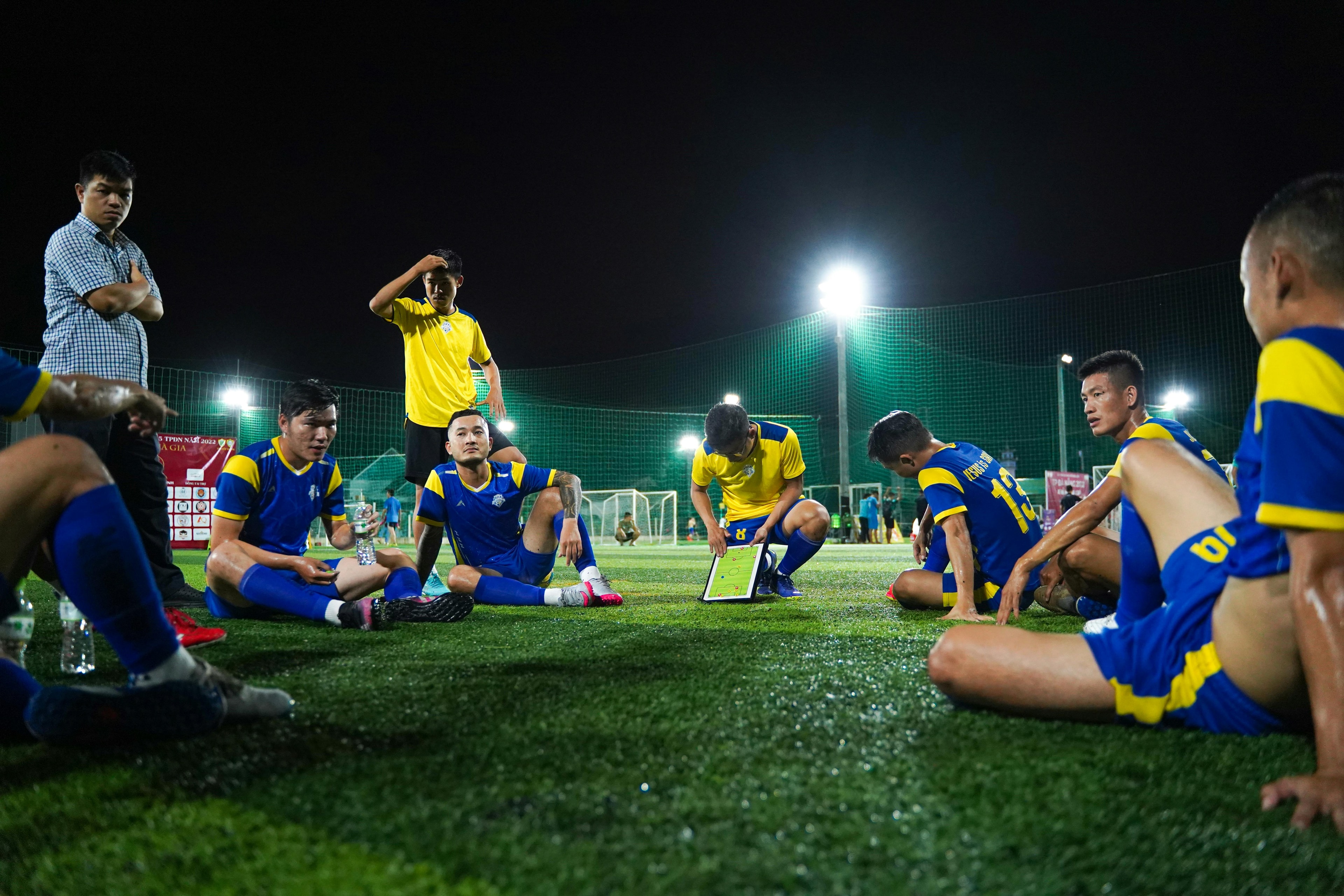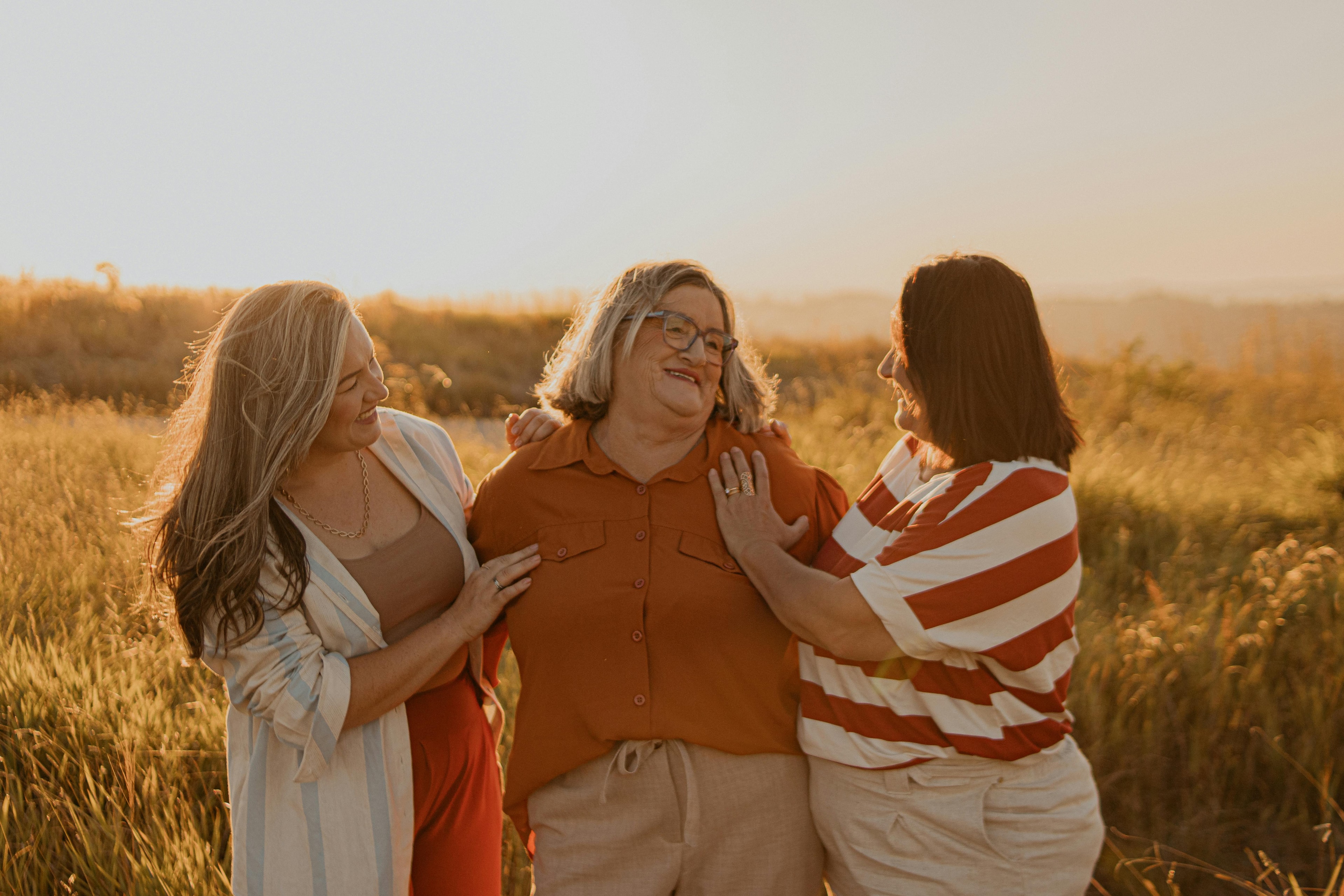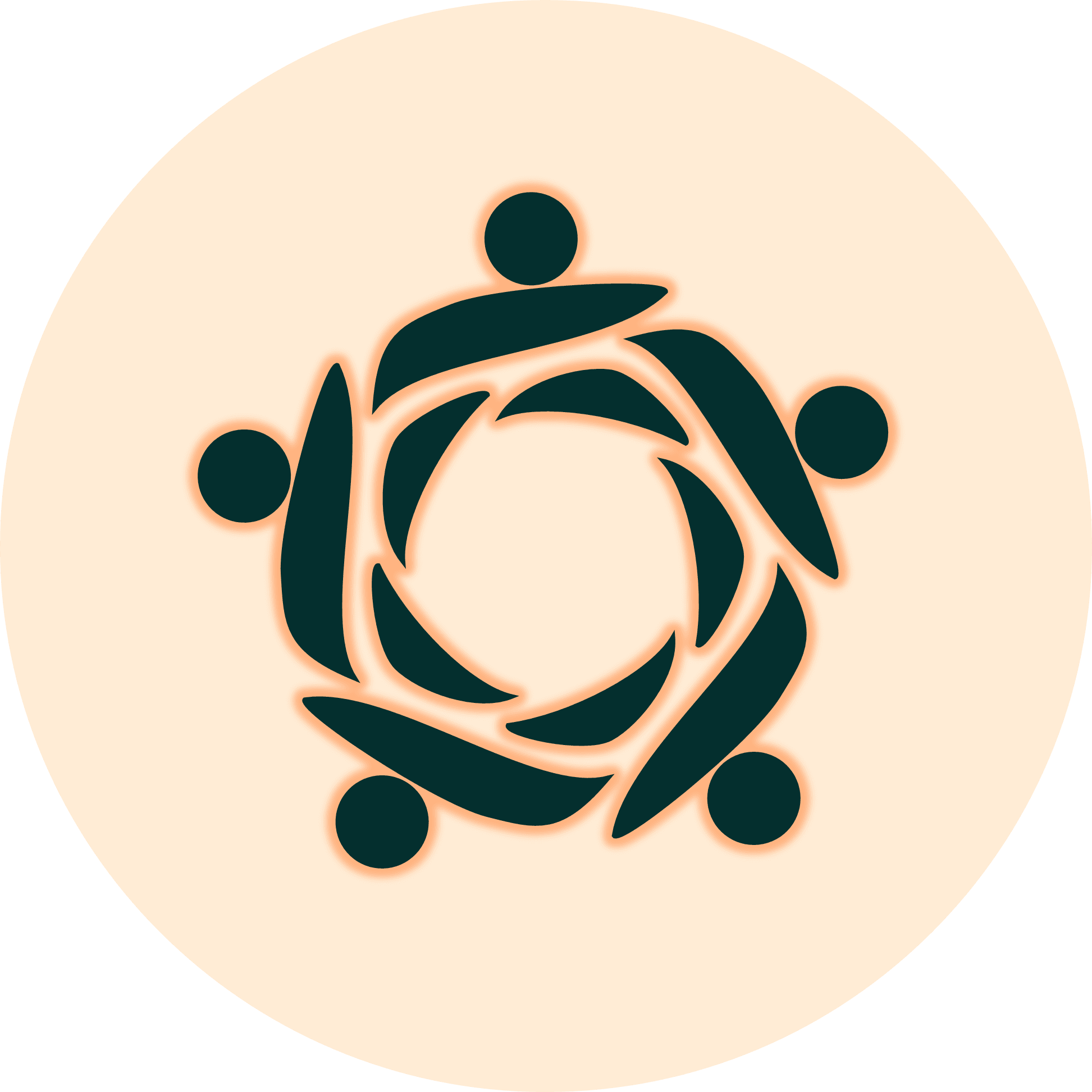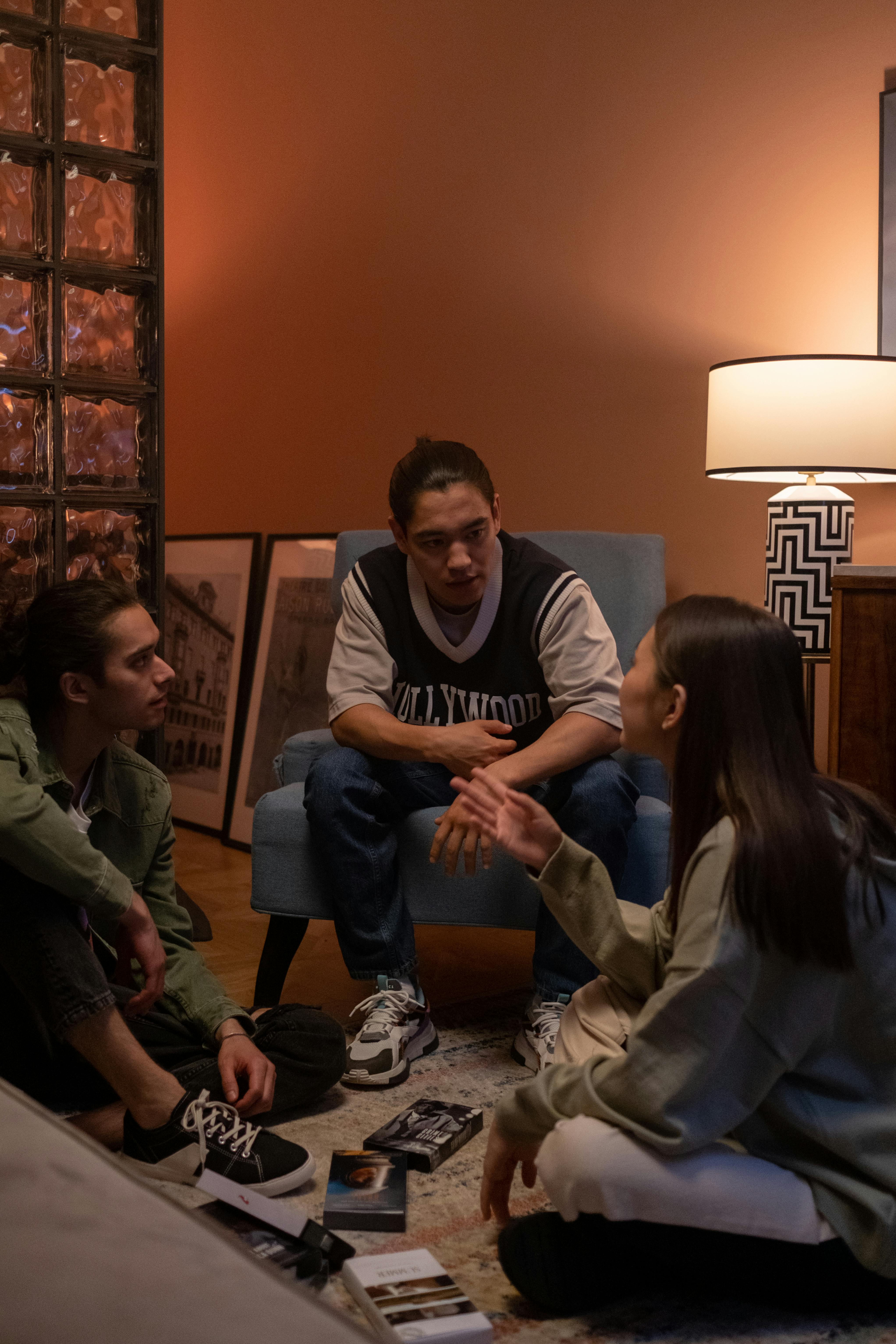Individual guideline
Build a strong social network with a variety of kinds of relationships
A strong social network includes a variety of social connections across different domains of your life. This includes interactions of varying depth and quality as well as a variety of different types of relationships in different areas of your life.
- Diversify where you get social connection from; don’t rely on just one person to meet all of your social needs.
- Work to have positive and meaningful connections in different parts of your life, including at work or school, home and neighbourhood, and with other groups you are connected to or share things in common with.
- Be open to meeting new people and socializing with others, even those you may not currently know or be close to. This includes connecting with people who might be different from you.



Additional considerations
Social networks, or the groups of people we interact with regularly, can vary greatly in size depending on individual preferences and circumstances. Some people enjoy having a large circle of acquaintances, while others prefer a few close, trusted friends. Research shows that most people have one or two deeply emotional connections, about five very close friends, and around 15 people they can rely on for support. Beyond this inner circle, people generally have about 50 casual friendships, with a total network size of around 150 people. It is important to recognize that these estimates reflect averages. Individuals vary greatly in their preferences for how they socialize. However, it’s important to recognize that many of us rely on a relatively small, close circle of supportive friends and family and have relatively limited in-depth interaction with our broader communities.
Additional resources

A free, confidential service that connects people across North America to local resources such as housing assistance, mental health support, and food programs. Available 24/7, 211 provides a comprehensive database of social services tailored to specific needs.

A social networking platform for neighborhoods, enabling residents to connect and communicate with their local communities. It allows users to share information about local events, organize activities, and discuss neighborhood safety, fostering a stronger sense of community.

A feature of the Bumble app designed to help users build friendships by connecting with others who share similar interests. It uses a swipe-based matching system, making it easy to find new friends and expand social circles.

A platform that connects people with shared interests through local events and activities. Users can join groups focused on various topics and create their own events, promoting personal growth and community building.

Offers social dining events that combine meals with activities to encourage connections among attendees. This approach allows participants to meet diverse people and build new relationships in a relaxed, enjoyable setting.

An annual event that encourages meaningful conversations with strangers to promote kindness and community. It aims to break down social barriers and foster empathy through simple, genuine interactions.

A guide by WorkLifePsych and the University of Canterbury that helps individuals build stronger social connections, especially in the workplace. It offers strategies for overcoming loneliness and emphasizes psychological flexibility.

By Jennie Allen, offers a guide to building deep and meaningful relationships. It combines personal experiences, biblical principles, and practical advice to help readers overcome barriers to intimacy and foster community.

A series by The Atlantic that explores unique stories of friendship, highlighting the diverse ways people connect and sustain meaningful bonds throughout life.

Friendship: How to Make Friends, How to Be a Good Friend
A course by Udemy on forming and maintaining meaningful friendships. It covers essential topics like building social skills, finding new friends, and nurturing long-term relationships.

How to Make Friends - A Step-by-Step Guide
An online Udemy course that provides strategies for making new friends, improving social interactions, and overcoming challenges like shyness and social anxiety.

The Survival Guide for Making and Being Friends
By James J. Crist, helps children and young teens navigate friendships. It offers practical advice on making friends, handling conflicts, and building social skills.

Belong: Find Your People, Create Community, and Live a More Connected Life
By Radha Agrawal, provides advice and exercises to help readers build meaningful connections and create a sense of community.

Connect: Building Exceptional Relationships with Family, Friends, and Colleagues
By David L. Bradford and Carole Robin, offers strategies for creating and sustaining meaningful relationships based on principles like authenticity and vulnerability.

The Laws of Connection: The Scientific Secrets of Building a Strong Social Network
Explores the science behind building and maintaining meaningful relationships, offering practical strategies for cultivating a strong social network.

Fosters inclusive communities by promoting social inclusion and mental wellbeing through programs like support groups, workshops, and events. The organization aims to reduce social isolation and empower individuals to thrive within their communities.

Conexus helps people connect meaningfully by matching them based on shared interests, values, and experiences. At events like off-sites, conferences, or community gatherings, we spark real conversations and turn passive attendance into active belonging, creating deeper relationships and more connected communities.

